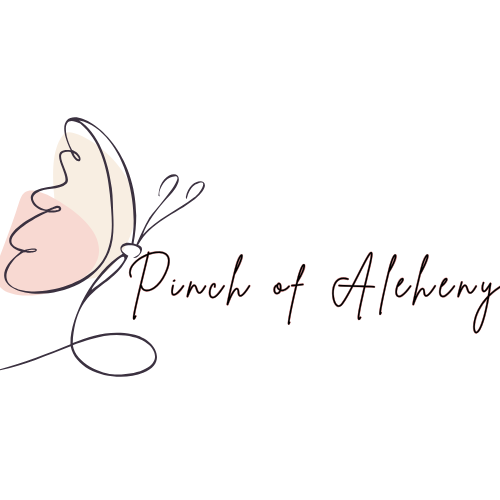When children grow up with weak or unsupportive adults who rely on them to meet emotional needs, a profound role reversal occurs. These children become caretakers far too early, shouldering burdens no young person should bear. Instead of being nurtured, they become the nurturers. Instead of receiving support, they become the support system. This is caretaker trauma—an invisible wound that shapes identity and relationships well into adulthood.
The Trophy Kid crises
Some parents, struggling with their own self-worth, transform their children into extensions of themselves—living trophies meant to validate their existence and choices. These children aren’t valued for who they are but for what they represent: proof of parental success. Their achievements aren’t celebrated for the child’s growth but showcased as evidence of the parent’s worth.
As these children mature physically, their emotional development often remains arrested. The natural process of individuation—separating oneself from parents to form a distinct identity—becomes nearly impossible. How can you discover who you are when your entire existence has centered around being what someone else needs?
Grown, But Not Grown-Up Dilemma
The adult children of such relationships often exhibit distinctive patterns:
- They struggle to form intimate partnerships, or when they do, their primary emotional loyalty remains with their parents
- Despite physical distance, parental influence dominates their choices, from career paths to lifestyle decisions
- They mirror their parents’ behaviors, preferences, and even speech patterns without conscious awareness
- Their own needs remain perpetually secondary, often unrecognized even by themselves
This is not merely unhealthy attachment—it’s the manifestation of profound developmental trauma. These adults haven’t been permitted to develop separate selves. Instead, they function as extensions of their parents, trapped in patterns established decades earlier.
Rewriting Your Story
Healing begins with recognition. Many adults caught in these patterns sense something isn’t right but struggle to identify the problem. They feel perpetually unfulfilled yet are unable to pursue their authentic desires without overwhelming guilt. This contradiction creates an internal tug-of-war between their suppressed authentic self and their caretaker identity.
The journey toward wholeness requires two primary acts of healing:
- Nurturing the inner child who never received proper care, validation, and support during critical developmental stages
- Strengthening the inner adult who must learn to set boundaries, make independent choices, and prioritize their own wellbeing
This process isn’t quick or easy. It requires courage to acknowledge the patterns, compassion for oneself and often the wounded parents who created this dynamic, and commitment to the uncomfortable work of change.
Reclaiming your life
The most crucial step is making a conscious decision to individuate—to separate one’s identity, needs, and future from the parent-child enmeshment. This doesn’t mean abandoning parents or cutting ties, but rather establishing healthy boundaries that allow authentic selfhood to emerge.
Without this decisive step, those trapped in caretaker roles will continue living contradictory lives, feeling perpetually torn between what they truly want and what they’ve been conditioned to provide. The desperation that comes from denying one’s authentic self never fully subsides until the work of individuation begins.
Healing is possible. Freedom is possible. But first comes the brave decision to acknowledge the invisible chains of caretaker trauma and take the first step toward breaking free.



